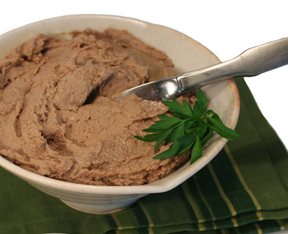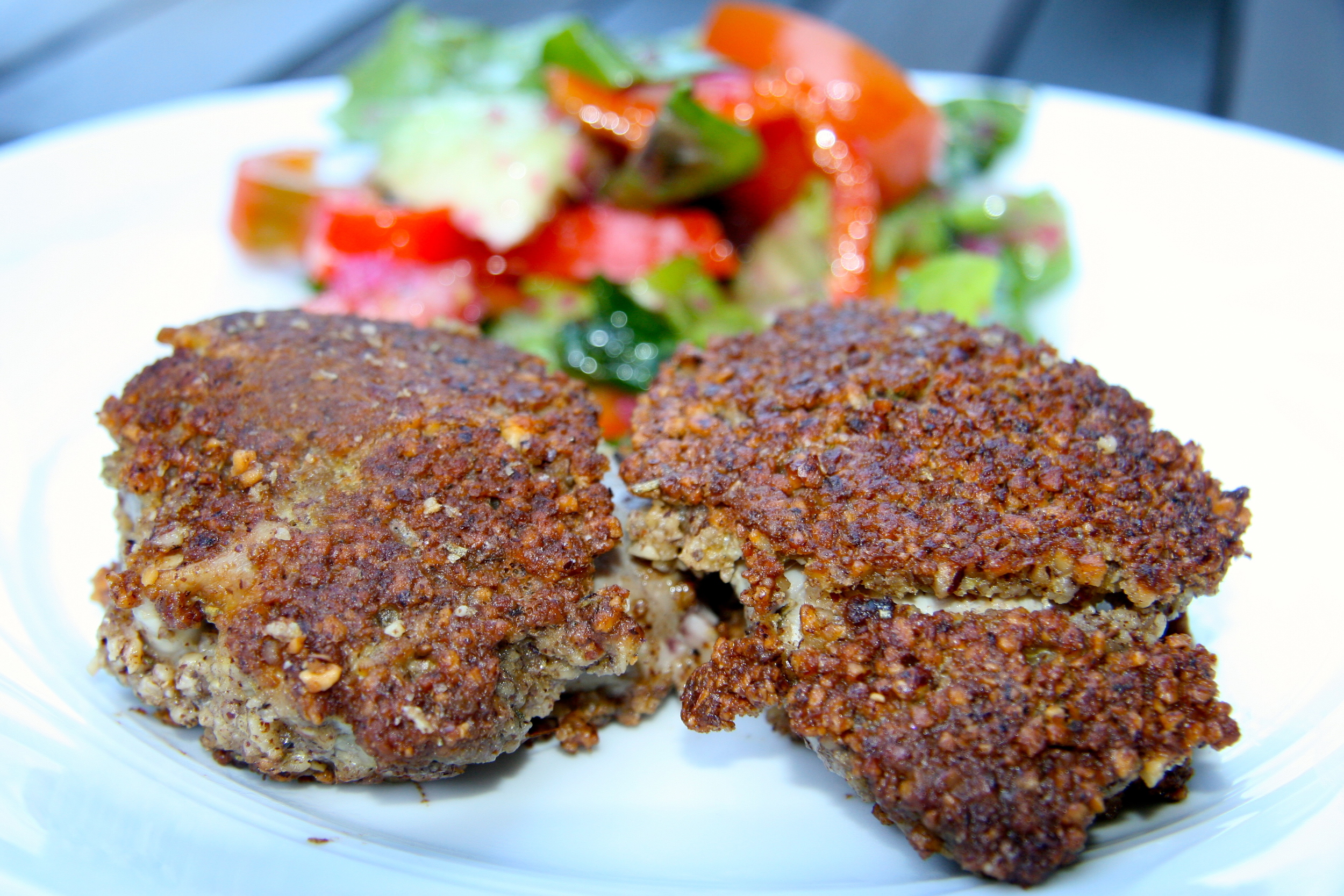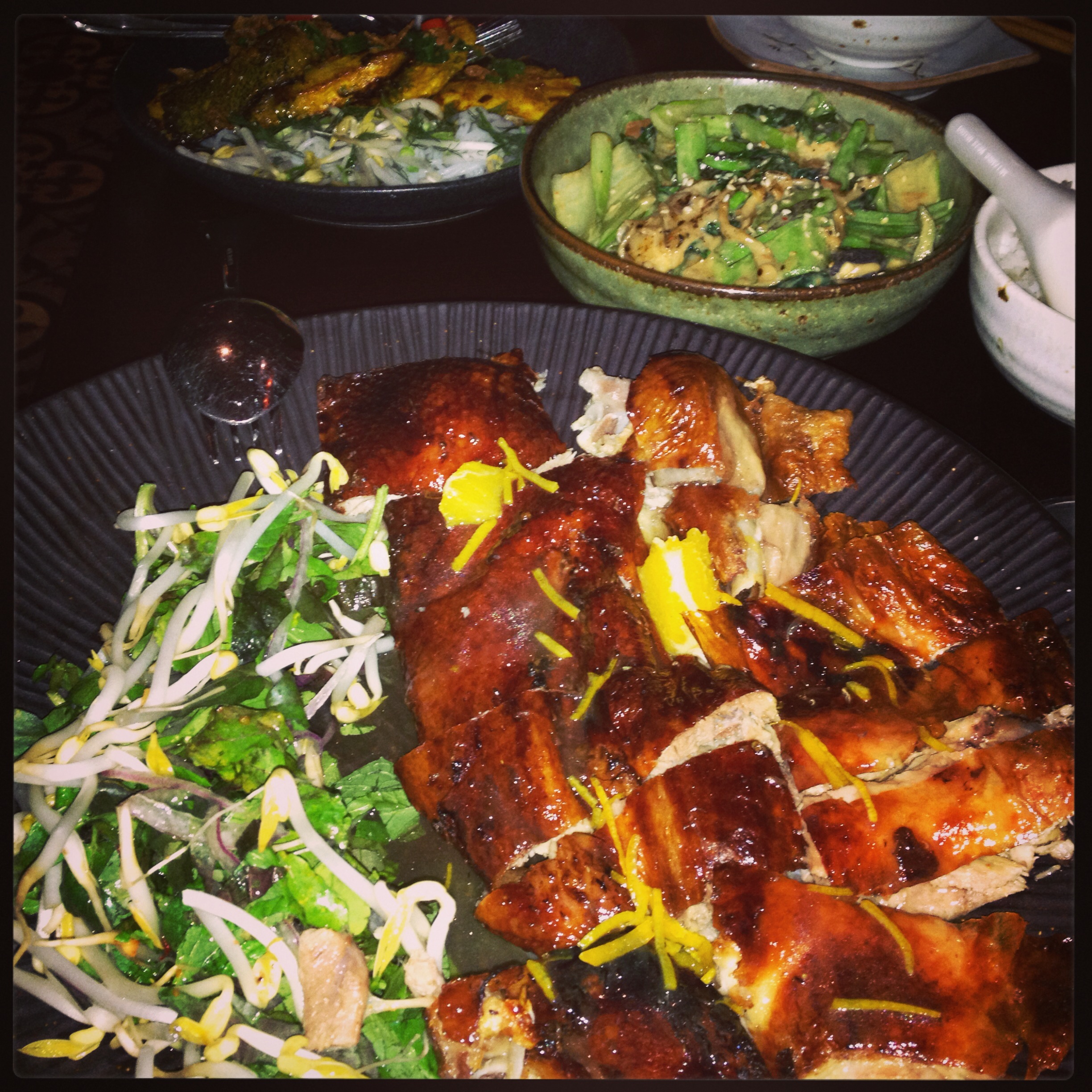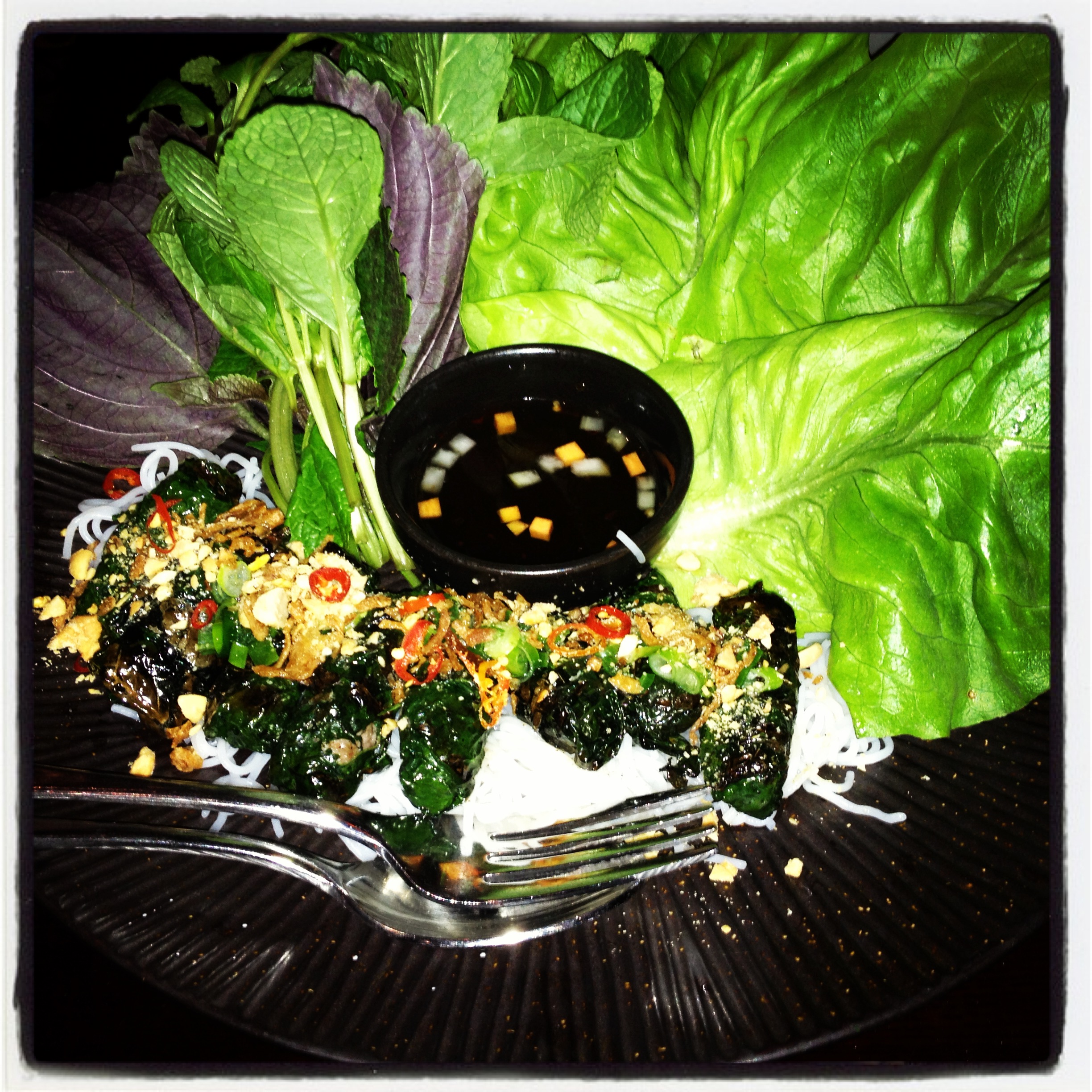Organ meats cooking class – 7:30pm Tuesday 3rd Sept 2013
I have been approached by a group of 10 people to run an organ meats cooking class next Tuesday 3rd Sept. I would like extend the invitation to anyone else who would like to attend, especially those who missed out on my last one in July.
I will be showcasing ways in which you can easily incorporate (and disguise!) nutrient-dense organ meats into meals including:
(a) chicken livers (in the form of pâté) (b) lambs brains (via omelette, cheesy scrambled eggs, and crumbed in spicy activated buckwheat flour) (c) lamb sweetbreads (in creamy mushroom sauce) (d) bone marrow (via vanilla berry custard and meat patties)
- information on the nutritional benefits of organ meats
- detailed handout including information on where to purchase organ meats with prices, and step by step recipes
- practical demonstrations
- hands-on experience
- food tasting
- opportunity to ask questions of myself and a local butcher
————————————–
Please feel free to forward to any friends or family members. Cancellation policy: once funds are deposited into my bank account they are non-refundable but can be transferred to another cooking class/workshop upon 48 hours notice.
Organ meats from pastured animals are the most nutrient-dense foods on the planet. Liver is loaded with fat soluble vitamins A and D, essentially fatty acids, highly absorbable iron, B12, protein, zinc and the richest source of folate. Organ meats should ideally be consumed at least once a week, if not more frequently. They are an especially important source of fuel and nourishment for athletes, children, those who are iron-deficient, those wishing to fall pregnant, as well as pregnant and lactating women. Organ meats were part of all traditional diets and were the most highly prized parts of the animal for our hunter-gatherer ancestors. Most people in modern society simply don’t consume organ meats on a regular basis. Here’s your opportunity to build reserves of strength and vitality by learning how.









